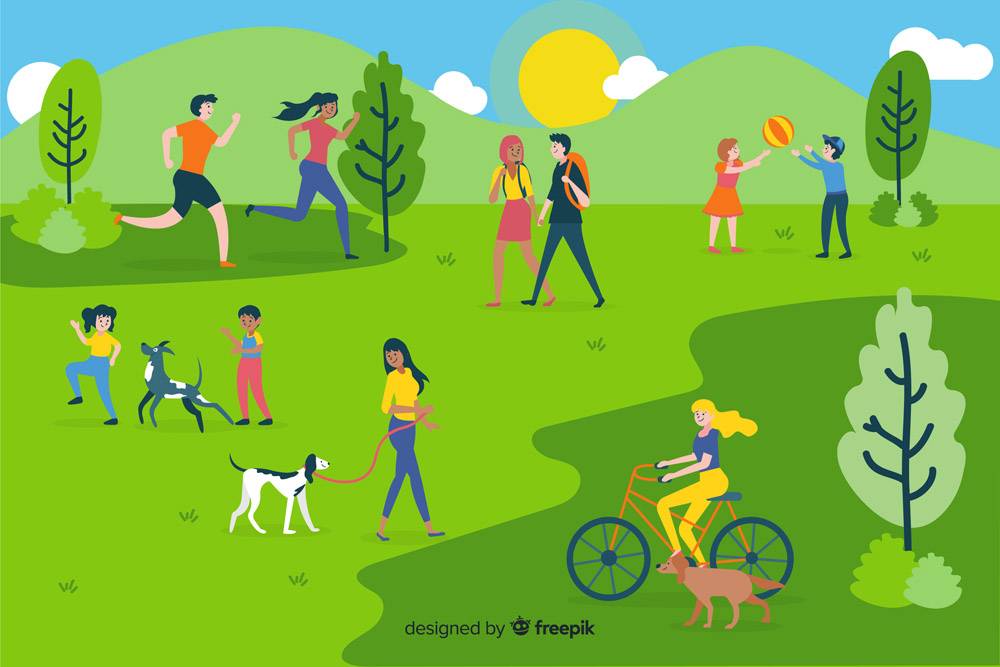Rewrite the following sentences, using 把 and 5 using 被.
1 弟弟吃完了妈妈给他做的鱼🐟。
2 我还没看完你介绍的那个电影🎬。
3 妹妹看完了昨天我给她买的书。
4 爸爸忘了我的生日🎂。
5 他昨天没吃完大家给他的生日蛋糕。
6 王老师前天写错了一个很容易写的字。
7 我没听清楚她说的话。
8 我的室友关了厕所的灯。
9 我朋友的狗🐶吃了我没吃完的肉。
Translate the following, using 把 or 被.
1. My roommate ate the cake I made yesterday.
.
2 My classmate sold (卖) her ex-boyfriend’s car.
3 My younger brother drank the coffee I bought for my mom.
4 Wang Peng took away (拿走) the book Li You had not finished reading,
5 Her younger sister has lost (弄丢 nòng diū) the computer her teacher gave her.
练习 Exercises
1. 改写句子Rewrite the sentences
tāngmǔ bǎ zìxíngchē nòngdiū le.
(1) 汤姆把自行车弄丢了。
Xīngqīliù wǒmen xǐwán le yīfu.
(2) 星期六我们洗完了衣服。
Nà zhāng bàozhǐ kànwán le.
(3) 那张报纸看完了。
Diànnǎo ānhǎo le.
(4) 电脑安好了。
Tāmen bǎ jiǔ hēguāng le.
(5) 他们把酒喝光了。
2. 组句Form sentences with the given words
bèi yǐjīng jì chūqù le xìn
(1) 被 已经 寄出去 了 信
bèi fàng zài zhuōzi le jīntiān de bàozhǐ
(2) 被 放 在 桌子 了 今天的报纸
bèi nàběnshū ná zǒu le
(3) 被 那本书 拿 走 了
3. 根据情境,用“被”字句表达Describe according to the given information by using “被” sentence
(1) Jim zuótiān jiè Mike de zìxíngchē qí, jiēguǒ bùxiǎoxīn nòngdiū le.
Jim昨天借Mike的自行车骑,结果不小心弄丢了。
Mike: Jim, Wǒ de zìxíngchē ne?
Mike:Jim,我的自行车呢?
Jim :__________________。



